When singer Yasmin Levy was 8, she helped destroy hundreds of tapes her late father had recorded of songs in Ladino, the ancient language of Spanish Jewry.
Yitzhak Levy had published a pioneering anthology of these songs, which had been passed down aurally since the Jews were expelled from Spain in 1492 and dispersed throughout the Balkans, Turkey, Greece and North Africa. Levy had visited families of Judeo-Spanish (Sephardic) extraction to record the songs on his tape machine.
But his subjects had been elderly, their voices weak and the ethno-musicologist worried that critics would disagree with the way he had notated the music.
“So he made my mother promise she would demolish the tapes when he died and could no longer defend his work,” Levy recounted from her Jerusalem home. “She waited seven years after his death, and then we worked like robots tearing the spools.”
The music survives in the anthologies and through Yasmin Levy, who has dedicated her life to preserving Ladino songs, especially as they evolved in the Diaspora. In a torchy, ecstatic voice, she laces medieval melodies with Arabic, Turkish and flamenco flavors, accompanied by Middle Eastern instruments such as the oud (lute) and nay (bamboo flute).
The 29-year-old performer is among the first to stray from the medieval arrangements preferred by purists.
“I was tired of hearing Ladino music as it was performed in Israel, only in the classical style with voice and guitar,” she said.
In this way she is like Ashkenazi bands such as Brave Old World and The Klezmatics, who infuse traditional Yiddish songs with multiple genres, which they view as invigorating Eastern European Jewish culture.
Some have criticized her unorthodox style, but the chanteuse has a different perspective.
“I’m not trying to preserve the original Ladino songs because my father already did that,” the 2005 BBC World Music Award nominee said. “My goal is to share these amazing melodies with the world by creating arrangements that are alive and accessible.”
While Yiddish thrives as a daily language in the homes of 600,000 predominantly ultra-Orthodox Jews worldwide, “only older people speak Ladino,” Levy said. “In 40 years it will survive only through books and music, so my work has become an obligation to my father and my people.”
Levy’s contribution has been “to make Ladino [language] … and song ‘cool,’ not just something old fashioned that belonged to our grandparents,” said Dr. Hilary Pomeroy, a lecturer in Sephardic culture at University College London. Her work introduces “Ladino to new and very enthusiastic audiences.”
Her mother, Kochava, a professional singer, taught her about Yitzhak Levy’s legacy and also how to sing the Turkish Sephardic melodies that had been passed down in her family.
Yasmin did not realize she could aspire to sing professionally until a researcher asked her to demonstrate one of her father’s songs 12 years ago.
“I protested because I thought I couldn’t sing well, but she insisted,” Levy recalled. “So I opened my mouth and I was stunned by what came out.”
For four years she sang in Hebrew, declining to perform the music so painstakingly compiled by her father. Then Israel’s National Ladino Authority asked her to record an album around 1999.
“I started reading about the Inquisition, about everything the Spanish Jews went through, and this work became like a holy mission,” she said.
Her 2000 debut album, “Romance and Yasmin,” spotlighted the romances and cantigas housewives had sung while cooking, as her own mother had done at home.
“The women’s music was always about suffering, love, hope and desperation, while the men sang religious melodies,” Levy said.
Her new album, “La Juderia,” named for the ancient Jewish quarter in Seville, began while she was studying flamenco in that city a couple of years ago. “La Juderia” mixes Sephardic music with flamenco, “which still bears the musical memories of the old Jewish-Spanish world,” she said.
Would Yitzhak Levy have approved?
“I think he would have been very happy,” she said. “I see young people now at my concerts, and I’m sure the new sound spikes their interest. In my own modest way I am working to popularize this music and language my father loved so much.”
Levy will give a lecture and demonstration at 7:30 p.m. on Aug. 24. at the Skirball Cultural Center, 2701 N. Sepulveda Blvd., Los Angeles. $5. For tickets, call (866) 468-3399. She will also be playing at the Skirball on Aug. 25 at 8 p.m. $5. For more information, visit www.skirball.org.
Â







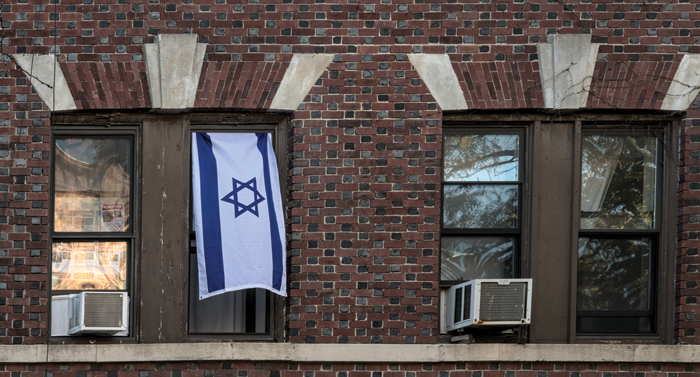
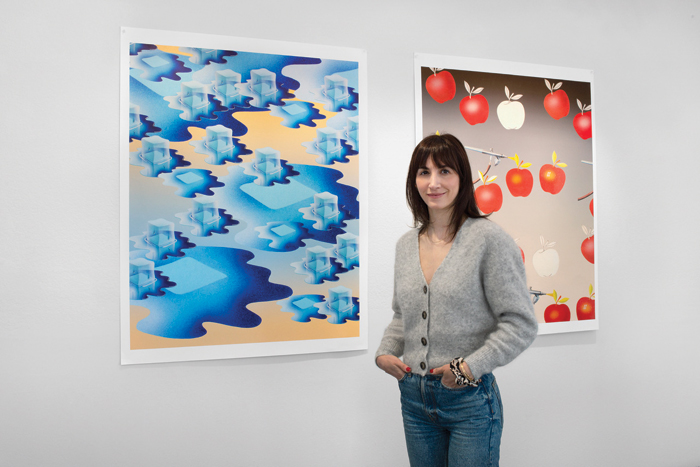





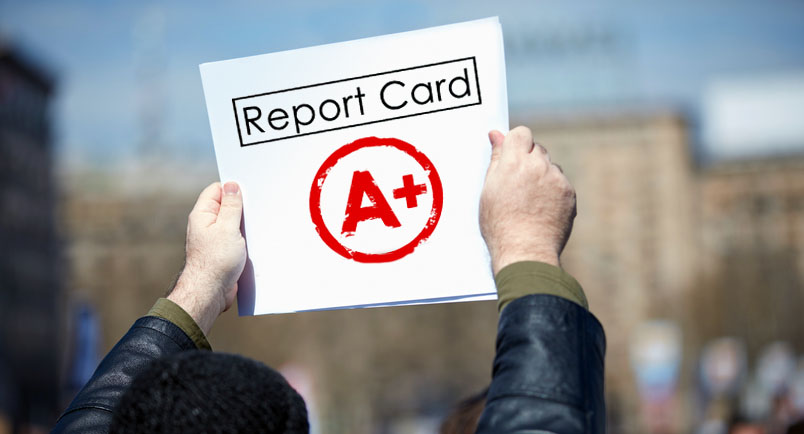
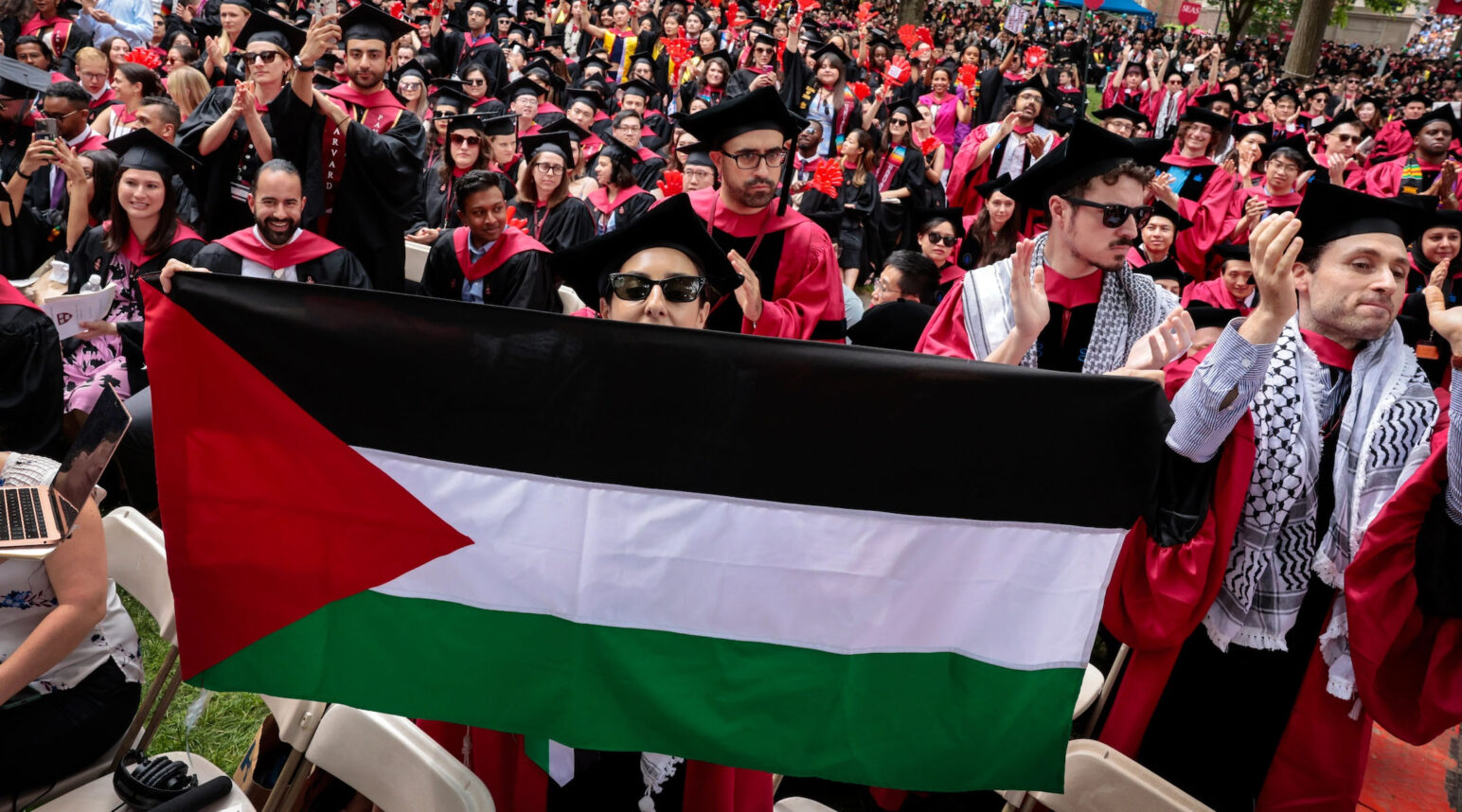
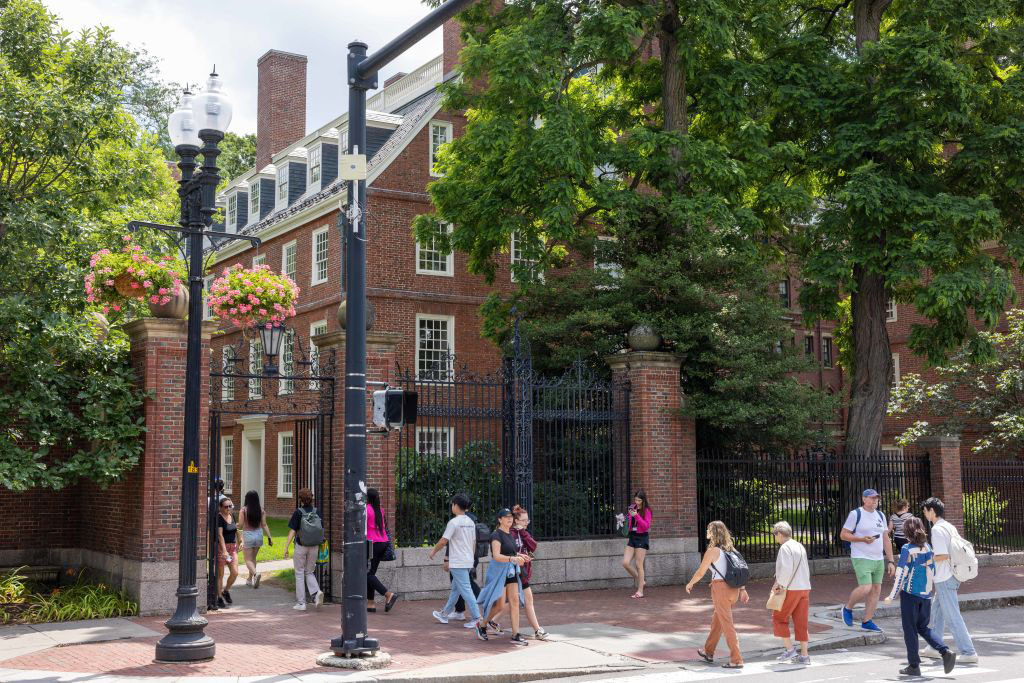





 More news and opinions than at a Shabbat dinner, right in your inbox.
More news and opinions than at a Shabbat dinner, right in your inbox.